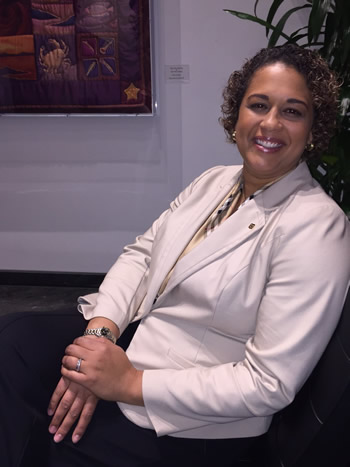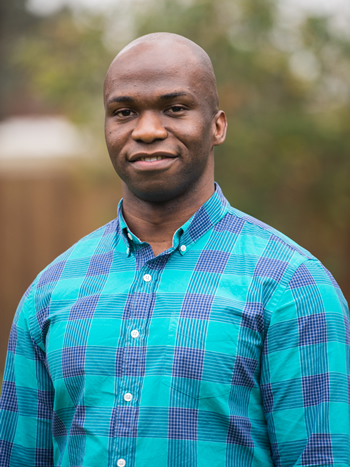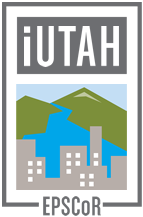News Article
March 8, 2017
Achieving Broader Impacts in Research - A Symposium on March 31
What are Broader Impacts and why should scientists care? Have you ever submitted a great research proposal that promises high value to society but it has been rejected? One possible reason might be that it doesn’t provide enough information about how society will benefit from your research, specifically underserved and diverse communities. This is where broader impacts enter.
The National Science Foundation (NSF) and other federal research agencies are increasingly emphasizing the need to justify not only the “intellectual merit” of proposed research, but also its “broader impacts.” The latter refers to the potential of the proposed project to benefit society and contribute to the achievement of specific, desired societal outcomes.
The “Reflecting and Expanding on Our Broader Impact” forum was developed as a collaboration between iUTAH EPSCoR and the University of Utah’s Office of the Vice President for Research to address this topic. The event takes place on Friday, Mar. 31, and is free and open to faculty, students other research and education practitioners from across the state. The morning session, including keynotes and panel discussion, starts at 8:30 a.m. at the University of Utah, College of Pharmacy and Health Sciences Education Buildings, Salt Lake City UT.
The forum is fortunate to have the National Alliance for Broader Impacts (NABI) chair, Susan Renoe, an adjunct professor of Anthropology and director of the Broader Impacts Network at the University of Missouri, as a keynote speaker presenting on Broader Impacts For Engaged Scholarship. NABI is a national network of universities, professional societies and informal science organizations, which offers an excellent overview of broader impacts. In a second keynote, Chinweike Eseonu, assistant professor of Industrial and Manufacturing Engineering at Oregon State University, will share lessons learned from Implementing A Community-Engaged Research Program.
We invite students, faculty, and researchers to attend and promise that you will walk away with a better understanding of broader impacts and how they affect your funding.


Credit Chinweike Eseonu.
« Back to list of all news articles


